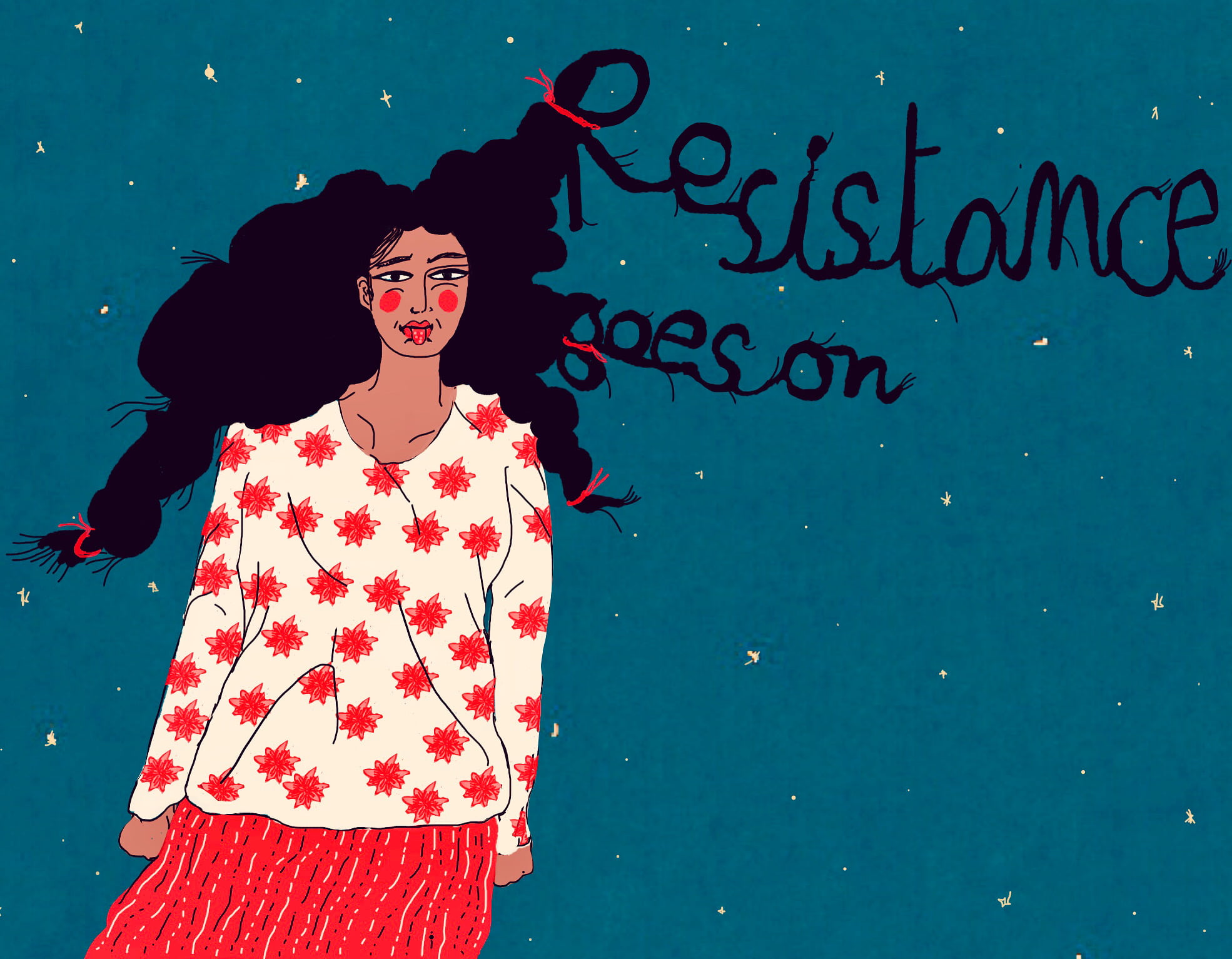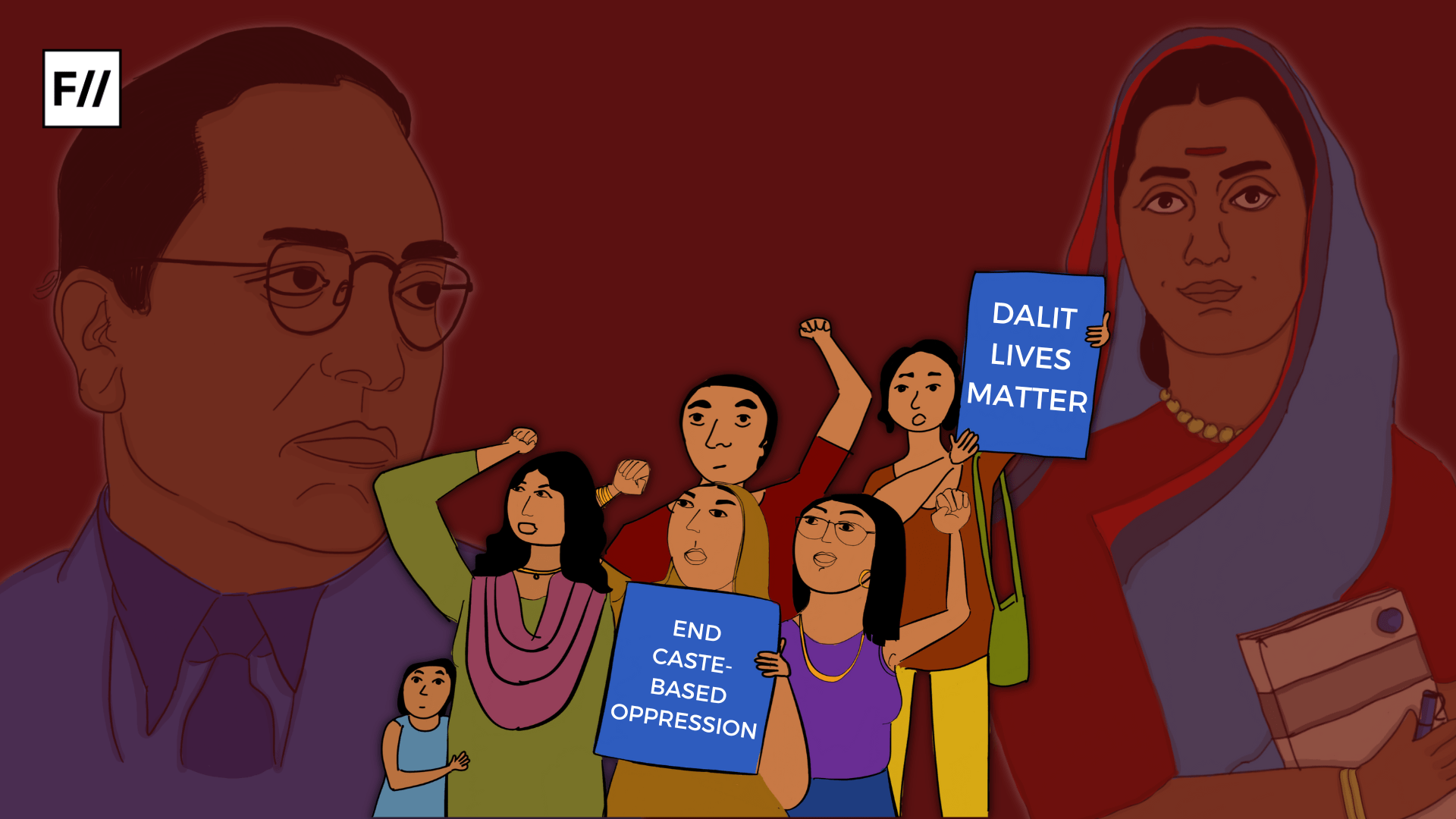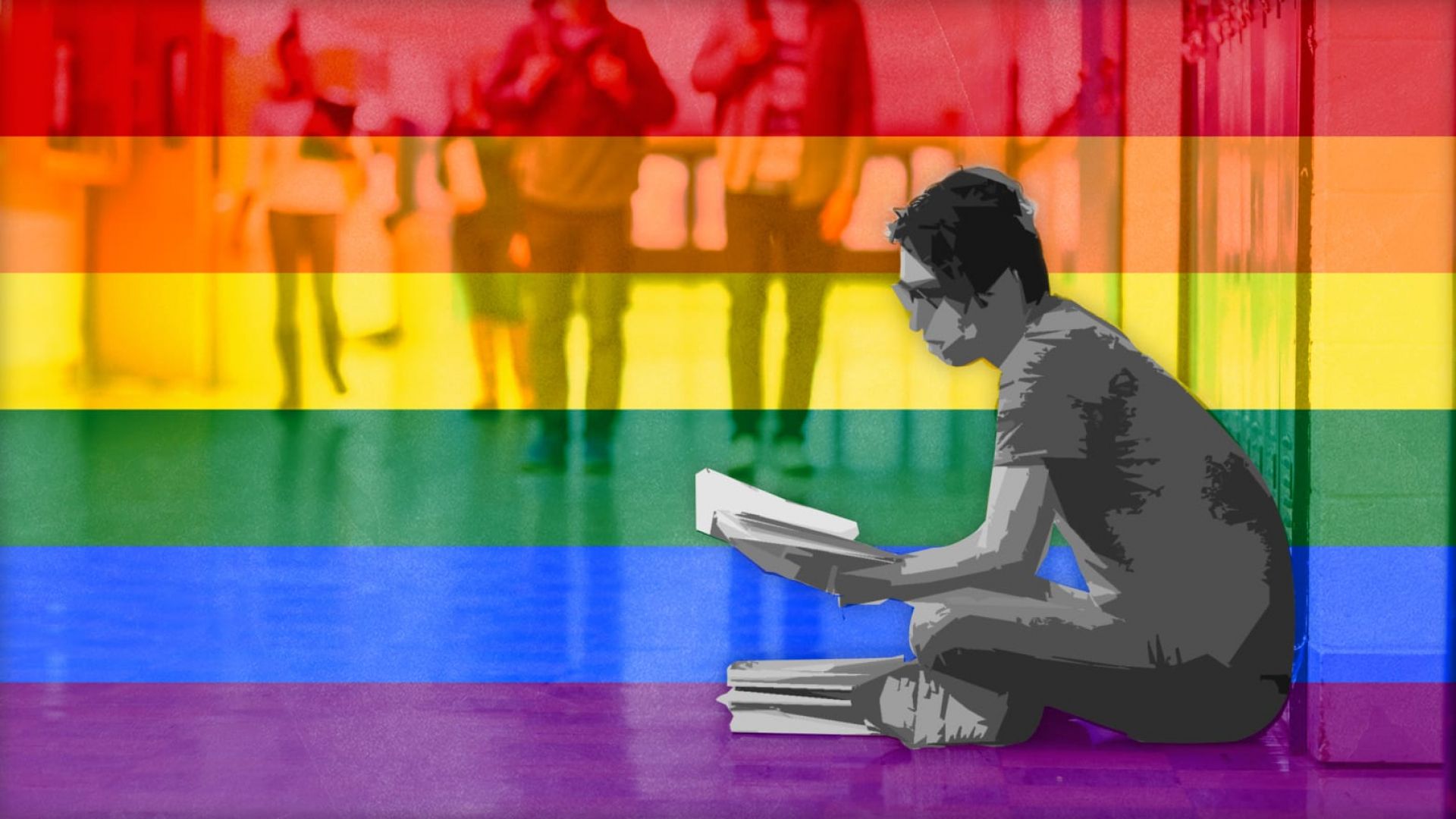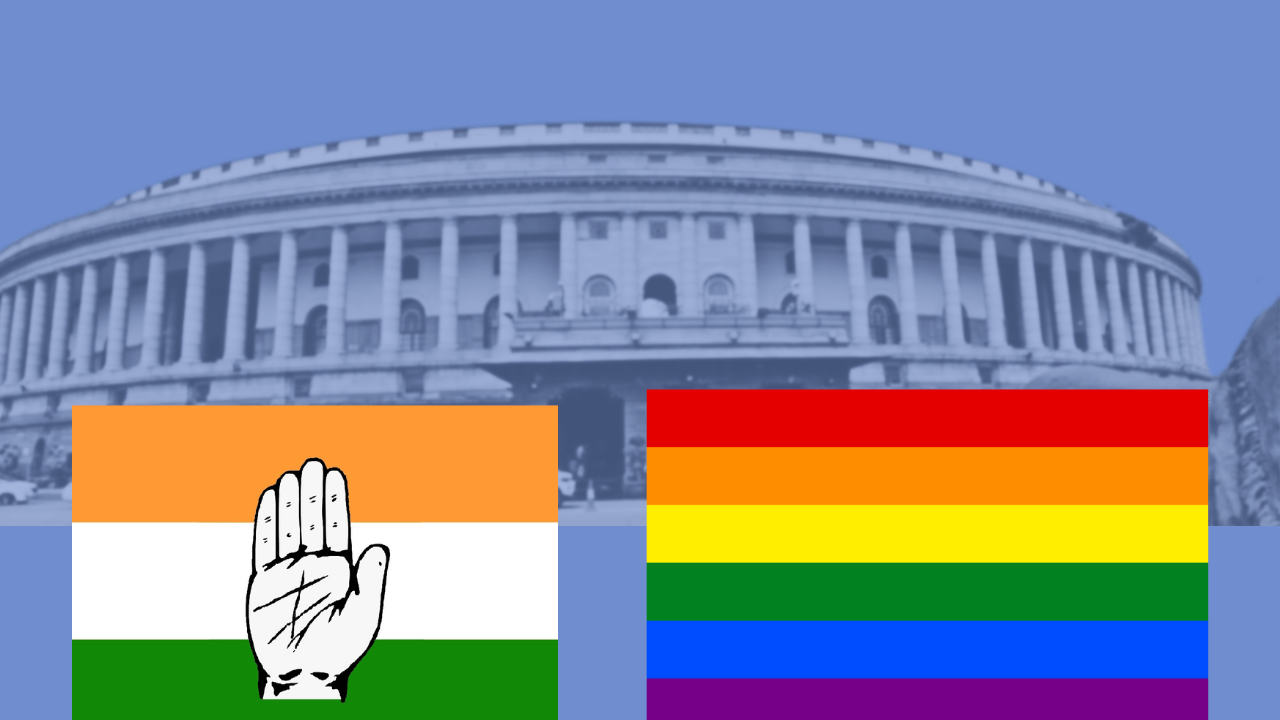Trigger Warning: Description of sexual abuse trauma, ableism, transphobia, etc.
I couldn’t breathe. My throat was paining. I was nauseous. My body was numb. My mind was numb. He dressed up and left. I had gone mute. Not figuratively, literally. As an autistic person, selective mutism is one of the traits I have and I have many non-speaking moments throughout the day.
As an ADHDer, I feel the hyperactivity hindering the way I process my thoughts. How do I consent to a sexual act, if I can’t think right and have gone non-speaking? This account of sexual abuse may sound like a victim-focused thing but I am the survivor so I couldn’t care less to describe it from my abuser’s point of view. I want to talk about how each label in my set of identities plays a role in the abuse I went through.
As an ADHDer, I feel the hyperactivity hindering the way I process my thoughts. How do I consent to a sexual act, if I can’t think right and have gone non-speaking? This account of sexual abuse may sound like a victim-focused thing but I am the survivor so I couldn’t care less to describe it from my abuser’s point of view. I want to talk about how each label in my set of identities plays a role in the abuse I went through.
But first let me describe stuff that is usually termed as “excusable”. Street harassment? Casual ableist jokes? Misogyny? Even abled women do not escape ableism masked under misogyny as the society expects productive and reproductive unpaid labour from them.
Also read: Disabled Bodies Navigating Abuse & Violence: #DisabledWomenRiot
I cannot draw, I cannot sing, I cannot dance, I am not good with sports, hell I am not even good at writing. Aren’t those things required to be a girl? Well I do have the gift of hyperfocus, so I used it to study. However, it was not enough for people like my parents, relatives, teachers and friends.
I also have cerebral palsy. I have had it since I was 1.5 years old and apparently, it doesn’t go away. But my parents gaslighted me into thinking that I was abled for so many years even before I underwent a tendon surgery. As a result, I masked my disability — both neurodivergence and physical disability — for so many years. It is appalling, violent, not being acknowledged of your disability.
Our abled-normative society just cannot bear a person with little-to-no physical movements existing. Your worth is decided by how capable you are of being exploited by ableist, capitalist and patriarchal structures. Disabled people just aren’t a good eye candy, which is highly intolerable. Ableism starts with insulting words, jokes, and minor invalidation and then turns into toxic words and physical violence. It also does not help how other people get a free pass at ableism because of a family that normalises ableism towards each other. Meanwhile, being a woman (or being perceived as a woman) doubles the ableism.
Now coming to the sexual assault. There were two people who put me through repetitive sexual abuse. Although I have had to got through incidents of casual abuse every girl and woman goes through (groping, touching, catcalling, creepy sexual remarks, grooming, etc.), these two people have contributed the most to my trauma. There was something common both of them did. Coercion. Resulting in me being non-speaking. Do I blame myself for that? No. Coercion is assault regardless of the victim saying yes or no eventually.
I do not blame myself for the abuse I faced. But I think it’s important to look at the nuances and the importance of my intersectional identity when I discuss abuse.
So let’s call my abuser as X. He put me through emotional and sexual abuse. The abuse impacted me in many ways. And I want to talk about each aspect of it.
Consent — X violated consent in every possible way. Sometimes I knew, sometimes I didn’t. He lacked sex education and so did I. I didn’t have words to describe what I was going through. I just knew it wasn’t good. There’s a pressing need for queer-inclusive and disabled-inclusive sex education for kids, teenagers and adults but it seems too far-fetched, given the lack of a discourse around basic and conventional sex education in itself.
Asexuality — For a long time I knew my asexuality but did not know if it was a real thing. Meanwhile, X is very much allosexual.
ADHD — Sexual stimulation is a lot of hyperactivity for an ADHDer. And I can’t handle that. And inattentivity…well I lose focus in physical and mental activities.
Sensory overload — I feel aversion to touch. And sexual activity very much involves that.
Selective mutism — Stimulation gets overwhelming and then going non-speaking is common for me.
Gender dysphoria — I experience both top and bottom dysphoria although top dysphoria is much more.
Fatigue — I’m a spoonie. Ten minutes of walking and I have already lost a spoon.
Chronic Pain — Well pain is pain. Some might say pleasure is in pain but as a person suffering from chronic pain basically since childhood, pain and pleasure are two different concepts for me.
Autism — Sensory overload and selective mutism are also a part of my autism but there are more things. Lack of understanding of social cues, eye contact, etc. makes it difficult to communicate.
Physical disability — There are only limited movements I can do.
Why am I listing these things? This surely isn’t a personal ad. This is the list of things my abuser disregarded/ignored and most of it was knowingly. And these all things affect the trauma of it I go through everyday.
For a long time I was not aware that I was being abused. But it did affect me. I have been facing intrusive thoughts, nightmares, meltdowns, etc. since forever. But now, ever since I acknowledged the fact that I had been abused, although there might be a kind of relief, I have been going through panic and triggers every single day.
The flashbacks I experience not only cause me to relive through the horrific assault incidents but also causes sensory overload and extreme gender dysphoria resulting into a terrible autistic meltdown.
I have no proper memory of the incidents. And yet, when triggered I experience it all over again. As an aphant, I struggle with visual memory which is why I rely on memory from other senses such as auditory, olfactory and cutaneous input. While I am thankful of having a poor visual memory, the flashbacks make the panic worse with the memories of touch and smell.
Painful. Suffocating. Shitty. Breathless. Tiring. Teary. Numb. Horrifying. Dysphoric. Nauseous. Helpless. Forced. Heavy body. Hurtful. Objectified. Cramps.
These are the words that come to my mind when I think of the incidents. It wasn’t one. There were several incidents, both physical and virtual. With both the abusers. And I would never forget the horror of it.
The thing about repetitive sexual abuse is, at one point, the victim submits to their abuser, as if they are in the need of abuse. This is also kind of a trauma response, I would say. Abuser and survivor don’t make a strict good-bad binary, abuse is way more abstract and it’s violation of boundaries–mental, emotional and physical. Also, victims normalising abuse is harmful as it increases the possibility of them normalising abuse towards other individuals. This is however different from criticising victims who choose to stay silent until they are ready to speak about their abuse.
There are more aspects of the trauma which I am unaware of. Another thing was constant rejection I faced for my romantic advances with other people which, I now speculate, would be because of my disabled and trans identity. And well, this heteronormative society links rejection with confidence and self esteem. So did I. Again do I blame myself for that? I don’t. Rejection is an act of consent and respect and we employ toxic methods to avoid that. It promotes abuse. As much as I would like to give my dating life a new start, I am scared of these episodes repeating, I’m scared of being abused again and of not being acknowledged of my asexuality, autism and gender dysphoria, and other needs and boundaries. I am scared of being emotionally abused. I am scared of past trauma affecting my new relationships. I am scared of turning into an abuser.
I am now aroflux as a result of the sexual abuse trauma. It gets tiring for me. People don’t feel appealing. Romantic relationships don’t feel appealing. It’s hard to fall in love now. Trauma affects in many unimaginable ways. And I’m yet to discover.
I also feel it is important to emphasise here on rape culture and how men feel entitled to abuse women. What I want to talk about is how the abled feel the entitlement to abuse the disabled. Abled people (and sometimes disabled people) believe that abled people are superior and better. And that’s abled privilege. And with this privilege comes the oppression of disabled. Disabled women and girls face a lot of abuse, both physical and emotional. A lot of them are also survivors of sexual abuse. Disabled people are often thought of as asexual because of being dehumanised and infantilised. For the same reason, trans women are also fetishized—dehumanization and sexualisation of trans bodies.
Abled people (and sometimes disabled people) believe that abled people are superior and better. And that’s abled privilege. And with this privilege comes the oppression of disabled. Disabled women and girls face a lot of abuse, both physical and emotional. A lot of them are also survivors of sexual abuse. Disabled people are often thought of as asexual because of being dehumanised and infantilised. For the same reason, trans women are also fetishized—dehumanization and sexualisation of trans bodies.
Visibly disabled girls and women (sometimes even those who pass off as abled) get abused sexually. This is the same reason why pedophiles abuse little girls. The same reason why acephobes abuse asexual people. Dehumanization and sexualisation of disabled bodies and undermining of their agency.
As an autistic person, I have faced the verbal and casual stuff (innuendos, inappropriate touching, predatory behaviour, etc.) and it usually comes from relatives and friends.
It’s really messed up that consent and boundaries are so blurred that there is no “good touch” and “bad touch” for me now. It’s just “inappropriate touch” and “normal touch I avert because of many bad touches (and autism)”.
Also read: The Ableist Ruling Indian Government: Eugenics & Disability As Suffering
Ableism affects disabled people in many ways. It’s really sad that disabled women, gender queers, non-binary and trans people are often left out of the discussion and activism on sexual abuse and intersectional feminism, hence we surely need space for more #MeToo voices.
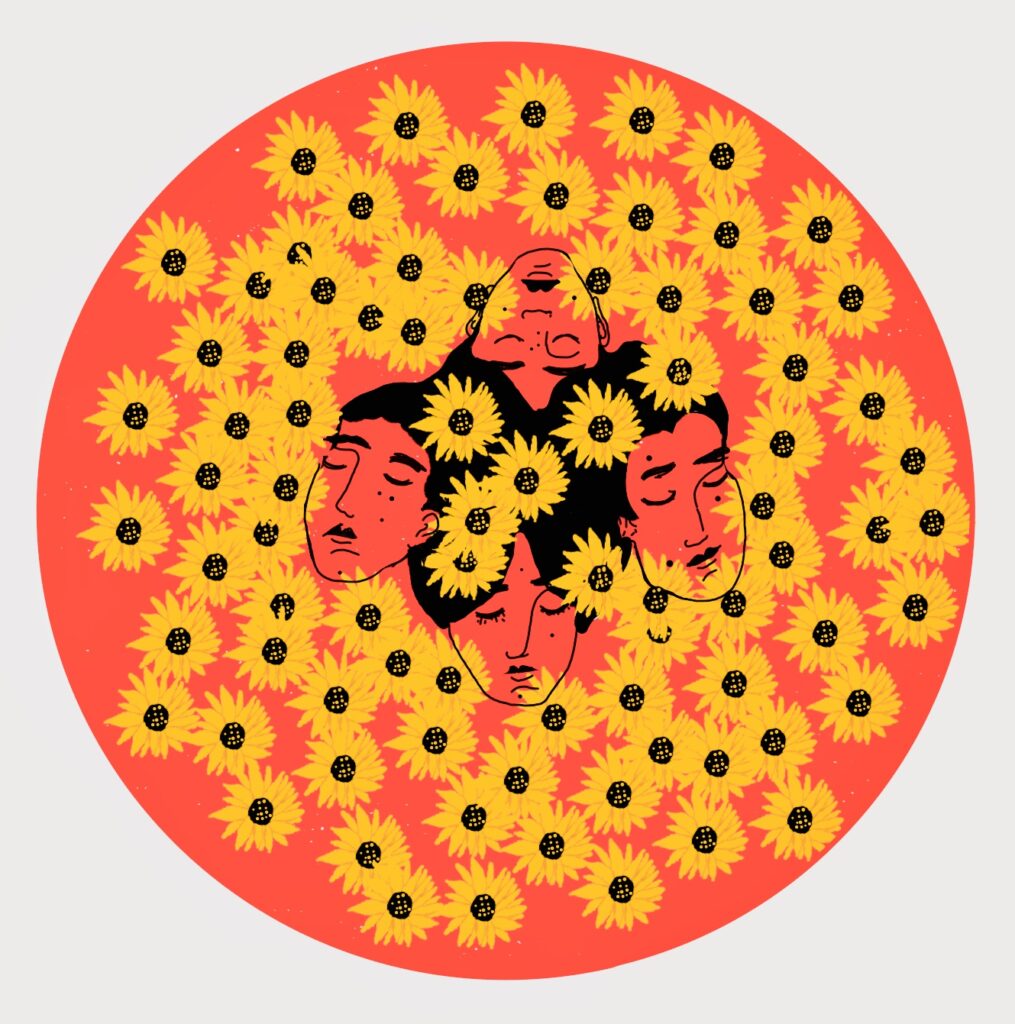
I’m a disabled, trans and queer person and I’m proud of it. And this is me, taking space with my testimony.
Blair (ze/they) is a disabled, chronically ill, trans queer person. Ze is an intersectional feminist, and an advocate for disabled and trans liberation. Ze is also a grad student in Physics department at IISER Tirupati and works in the field of Human Movement Sciences.
Featured image source: Alia Sinha
